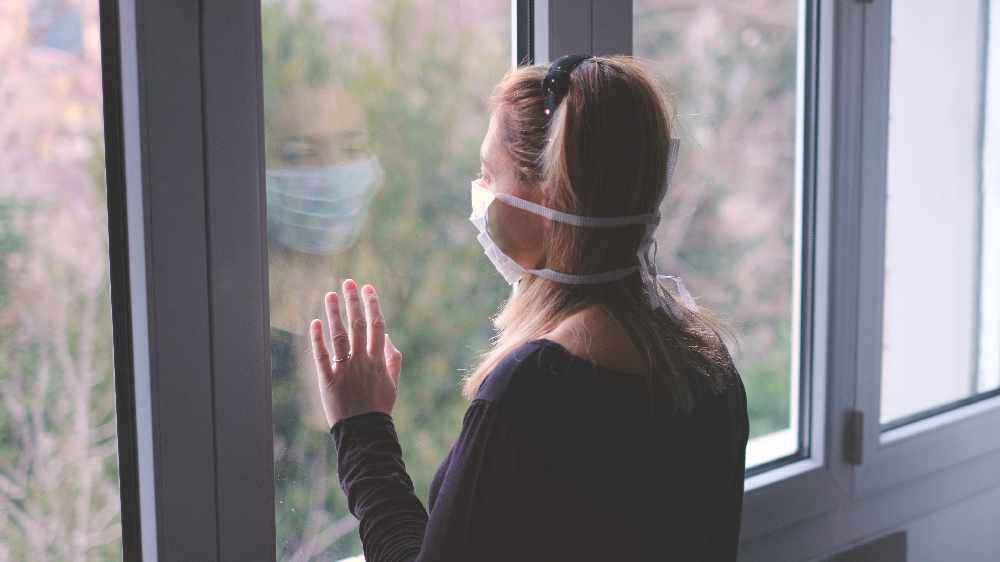
By Q Radio News
More than a quarter of Northern Irish young people have been left feeling 'unable to cope' after a year of living through the pandemic, according to a report.
Two child development experts are backing plans for school summer schemes and are briefing a Stormont Health Committee today on ways to improve young people's mental health in the region.
They are calling for a funding injection to boost child and adolescent mental health services to protect disadvantaged youngsters.
More than a quarter of Northern Irish young people have been left feeling 'unable to cope' after a year of living through the pandemic, according to a report.https://t.co/9QxdHEXuqL
— Q Radio News (@qnewsdesk) May 13, 2021
Interim Mental Health Champion, Professor Siobhan O'Neill, says the Mental Health Strategy needs urgent attention.
Professor O’Neill adds:
“The pandemic has, for many of our children and young people, resulted in unprecedented levels of pressure and anxiety.
“Summer programmes are a great way for us to not only thank our children and young people for the sacrifices they have made, but also offer them a chance to reconnect with their friends and have fun.
“The forthcoming Mental Health Strategy gives us cause for optimism about future mental health services for children and young people.
“However, the transformation of mental health services is now urgent, and appropriate funding is needed to make these improvements.
“It is also through the funding and implementation of the Strategy that we can begin to tackle the mental health inequalities that have worsened as a result of the pandemic.”
Meanwhile the Northern Ireland Commissioner for Children and Young People, Koulla Yiasouma says:
“Children and young people have a fundamental right to the highest attainable standard of health care. Government, and its agencies must provide this.
“Unacceptable pressures have been placed on them through the over-use of formal assessments sometimes at the cost of their well-being.
"This is particularly the case for GCSE, AS and A-Level students, as well as those Year 6 pupils who intend to take the transfer test.
“This approach must continue as we begin to fully understand the impact of the pandemic on all aspects of a child’s life, and to ensure that steps are taken to meet their needs in both the immediate and longer term.”

(A report has said more than a quarter of young people are struggling with their mental health due to the pandemic)


 Education Authority boss hits out at criticisms of public services
Education Authority boss hits out at criticisms of public services
 Man in 90s dies following Co Down road crash
Man in 90s dies following Co Down road crash
 Police to increase patrols after second incident of shots being fired in Belfast
Police to increase patrols after second incident of shots being fired in Belfast
 Woman charged over theft of campaigner’s car ‘must stay out of Belfast’
Woman charged over theft of campaigner’s car ‘must stay out of Belfast’
 Bluetongue restrictions in Northern Ireland will be relaxed from Friday
Bluetongue restrictions in Northern Ireland will be relaxed from Friday